How to Germinate Weed Seeds
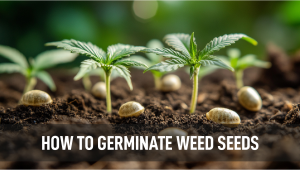
- 1. How to identify healthy seeds
- 2. How are cannabis seeds produced?
- 3. What is germination?
- 4. Different types of cannabis seeds
- 5. How to germinate weed seeds in soil
- 6. How to germinate weed seeds in water
- 7. How to germinate weed seeds in paper towels
- 8. Should i use a heat mat?
- 9. How to germinate weed seeds: faqs
- 10. In conclusion
Cannabis plants can be grown from either seeds or clones. However, a clone carries the same genetic information as the mother plant, while seeds carry genetic material from both the mother and father plants, allowing the offspring to express a variety of phenotypes.
When starting from seeds, growers must first germinate them in a process that involves hydrating the seeds to activate internal enzymes. The seeds then utilize the water and nutrients stored in the cotyledons to develop the embryo, which eventually grows out of the seed shell.
For the seedling to emerge successfully from the substrate, the right conditions of moisture, warmth, and light must be provided. If you're wondering what these conditions are and how to germinate cannabis seeds successfully, read on!
How to Identify Healthy Seeds
Cannabis seeds are generally about the size of a peppercorn, with an oval shape and a dark shell that ranges from brown to black, often featuring a pattern similar to tiger stripes. However, healthy seeds can slightly vary in size, shape, and color. There is a significant difference between mature seeds, which can come in various shapes, sizes, and colors, and immature seeds. So, how can you distinguish healthy seeds from immature ones?
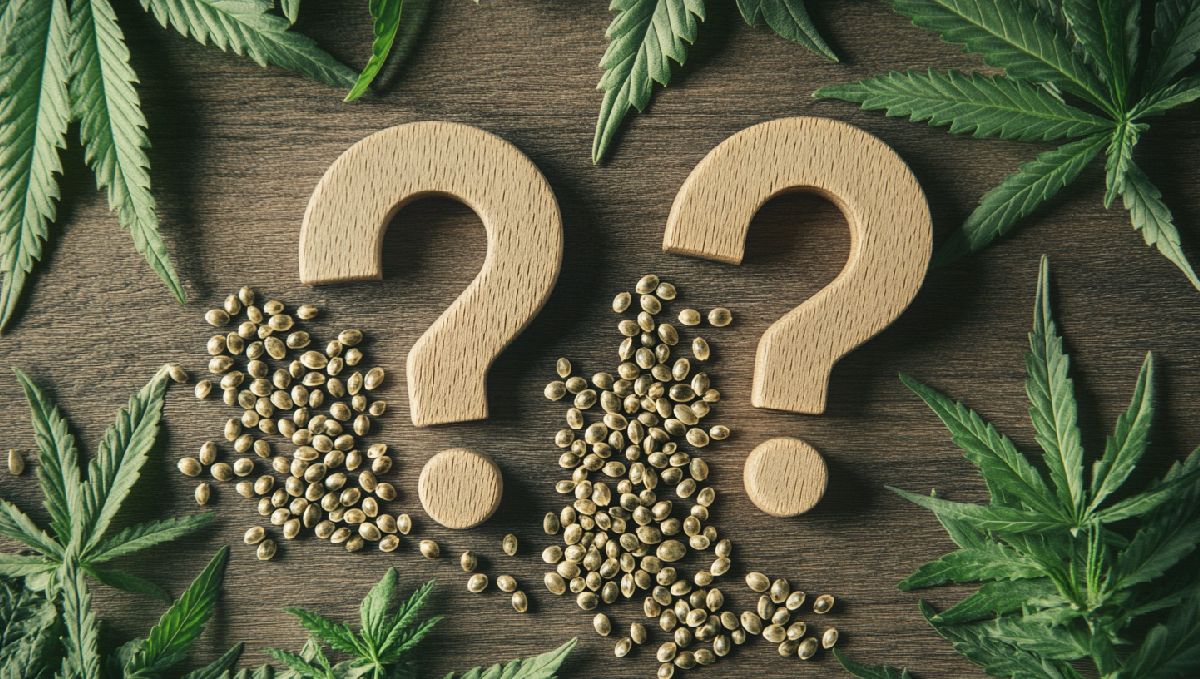
Old or desiccated cannabis seeds may exhibit a very light grey, almost whitish-grey color, whereas immature seeds often have a greenish hue. This greenish coloration indicates that the seeds have not fully developed or lacked the necessary resources to reach full maturity.
Before starting the germination process, make sure to thoroughly inspect your seeds. If the seeds are light green or pale white, they are likely immature and probably unviable. Additionally, if there is physical damage, that can occur during the shipping process, be sure to contact your seed bank, as they should be able to replace the seeds.
All of these indicators can significantly impact the quality and quantity of your harvest.
How are cannabis seeds produced?
Producing cannabis seeds begins with selecting a male plant and a female plant. The male plant (often a reversed female) produces pollen that disperses and reaches the female plant’s stigma. Once the pollen grain reaches the stigma, it migrates into the ovule, initiating seed production.
Remember that there are numerous factors to consider when breeding strains; producing the seeds is just a small part of the entire process, which also includes the selection and actual breeding of the new strain.
What is germination?
Germination refers to the process of “waking up” a dormant seed to initiate its growth. This process begins by hydrating the seeds, either by placing them between wet paper towels or soaking them in a glass of water.
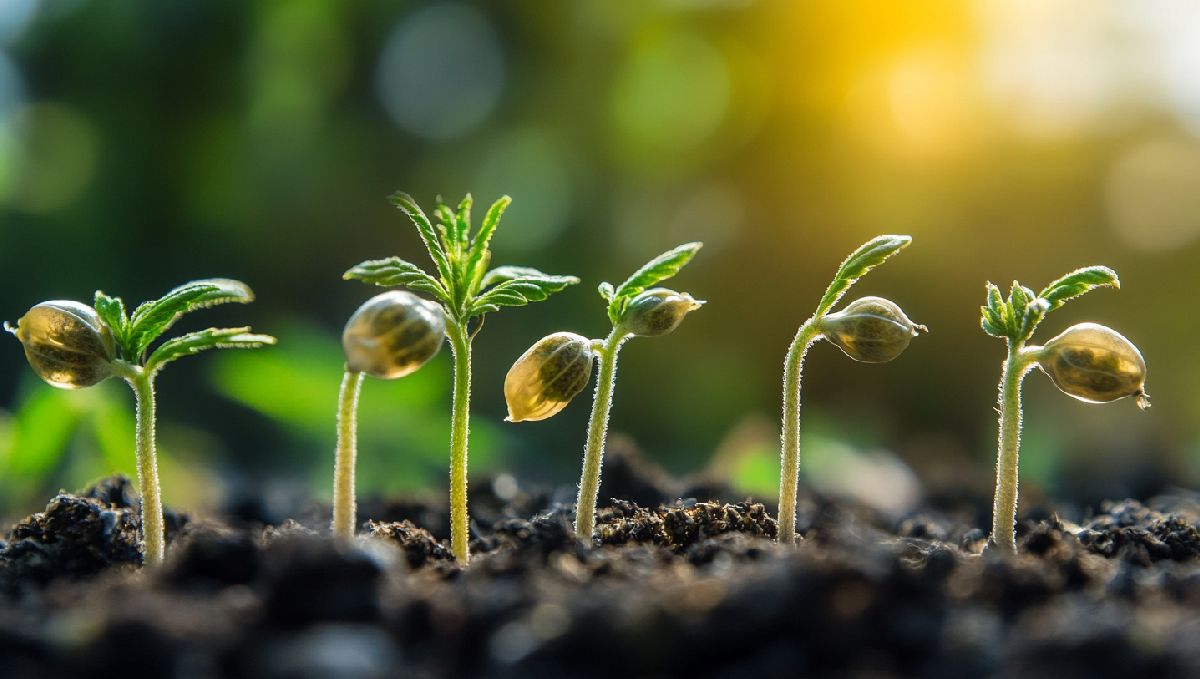
However, this is just the first step. To ensure successful germination, growers must provide the proper conditions, including maintaining relative humidity levels between 75% and 85% and temperatures ranging from 23°C to 29°C (75°F to 85°F). When the seed receives these environmental cues, the taproot will begin to emerge, and eventually, the seed will open up, giving rise to a cannabis seedling.
Different types of cannabis seeds
As you may know, there are several different types of cannabis seeds. It’s common to see terms like “feminized,” “regular,” “photoperiod,” and “autoflowering.” But does this mean that each type of seed requires a different germination method? The answer is no.
While different types of seeds may imply minor differences in the growing process, this does not apply to the germination process. All cannabis seeds can be germinated using the same methods.
How to germinate weed seeds in Soil
Germinating cannabis seeds directly in soil is the most straightforward and simple method.
Step 1
Get a small pot, around 0.25L in size, and fill it with soil. Keep the soil damp by lightly spraying it with plain water. Remember that the pot must be small to help keep the substrate evenly moist.
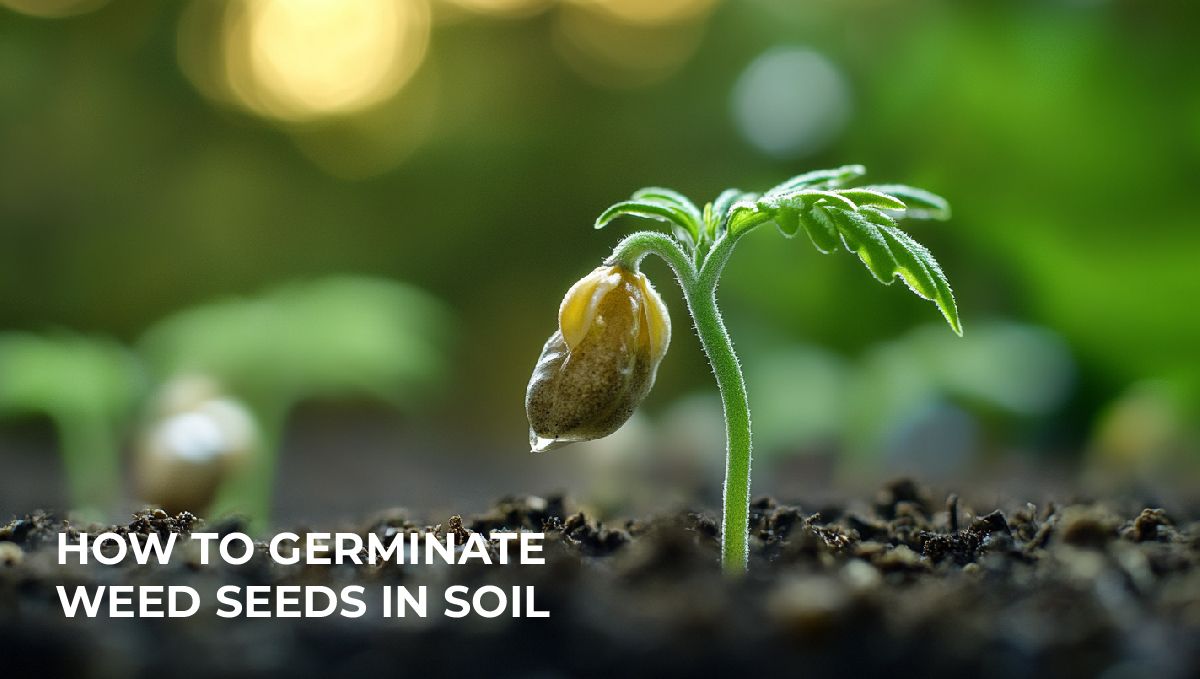
There are two very important things to keep in mind. First, start with the correct type of soil—very lightly fertilized potting soil that contains enough nutrients to sustain your seedlings for the first few weeks. Do not add extra nutrients to the substrate, as this could burn your young plants. Additionally, ensure the pH of the water is within the proper range.
Step 2
Use a pencil to make a small hole in the soil, about 1-2 cm deep. Place the seed in the hole and cover it with the substrate.
Step 3
Place the pots under a fluorescent or LED light, dimmed to 10-20% intensity, and lightly spray with plain water. Do not disturb the seed until the seedling emerges from the substrate. Maintain the temperature between 23°C and 29°C (75°F to 85°F).
Step 4
Check on the pot daily and keep the soil moist. The seedlings should emerge in 3 to 7 days. Once the seedling reaches around 5 to 7 cm, transplant it into a larger pot.
How to Germinate Weed Seeds in Water
Germinating weed seeds in water is quicker since the seeds receive an immediate rush of moisture, causing the shell to soften and crack more easily. However, you need to keep a close eye on them because once the taproot grows large enough, it can be very easy to damage during transplant.
Step 1
Fill a glass with room-temperature tap or bottled water. Add the seeds to the water, place the glass in a dark place, and let the seeds soak.
Step 2
Seeds should sprout in 2-4 days, but it can take up to 10 days.
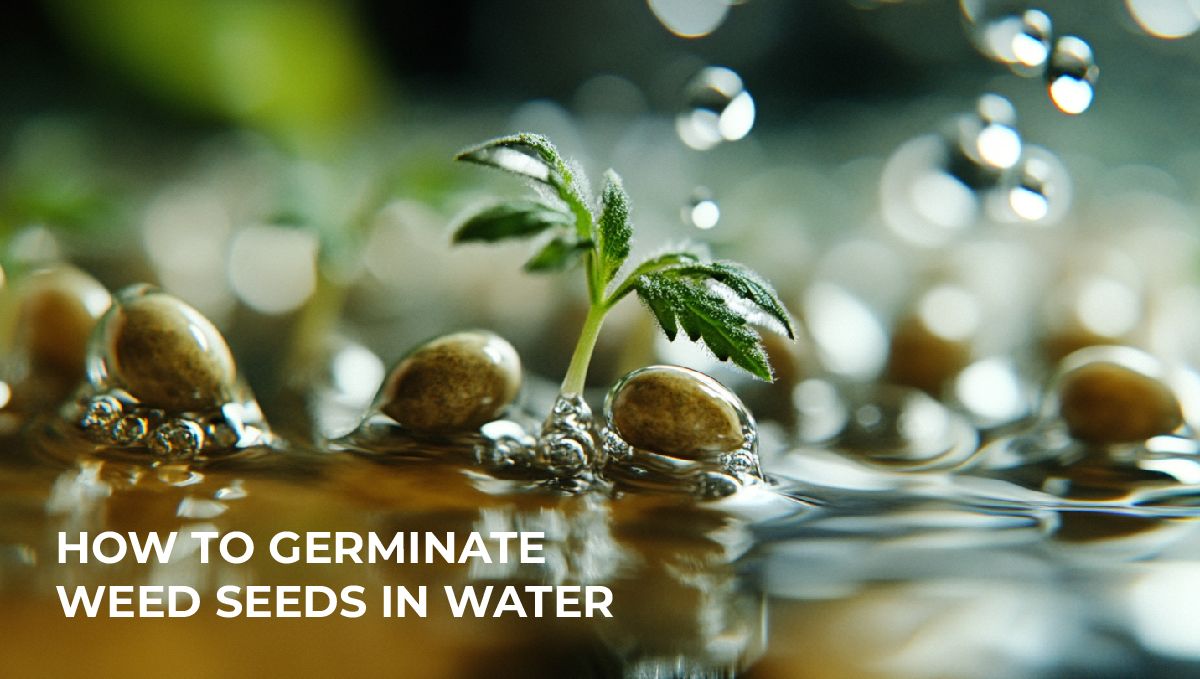
Step 3
Once the taproot emerges and is around 5mm long, transplant the seeds into the soil and spray lightly to dampen the soil. Be careful not to damage the taproot.
Step 4
In a few days, you should see the seedlings emerging from the substrate.
How to germinate weed seeds in paper towels
The paper towel method is probably the preferred method among most growers. You can use cotton pads instead of paper towels, but the process is essentially the same.
Step 1
Use a spray bottle to moisten two paper towels, then place the seeds between them.

Place the paper towels with the seeds in a Ziploc bag or Tupperware container.
Step 2
Put the Tupperware or Ziploc bag in a dark place.
Step 3
The taproot should emerge in 2 to 7 days. Once the taproot reaches around 5mm, transplant the seeds into soil. Be sure to move the seeds to the potting soil before the roots get too long.
Should I use a heat mat?
Not necessarily. Heat mats can speed up germination during winter, but they may kill the seeds during hot summer days. So, make sure to assess whether you really need a heat mat before using one. Alternatively, you can place the Ziploc bag or Tupperware (with the seeds germinating inside) on your internet modem or router, which will serve the same purpose.
How to germinate weed seeds: FAQs
How long do seeds take to germinate?
Generally speaking, seeds can take anywhere from 24 hours to 10 days to germinate, depending on the germination method, the conditions provided, and the quality of the seeds.
Can I speed up germination?
No, you need to be patient and let the seeds do their thing. The only way to potentially accelerate germination is to ensure that the seeds are provided with optimal conditions.
What should I do if the seed shell gets stuck to the seedling?
First, use a spray bottle to moisten the seed shell and see if it softens. Then, use a pair of tweezers to gently remove the shell. Ensure that the shell is adequately soaked to avoid ripping or breaking the seedling.
How long can I store my seeds?
Under proper conditions, seeds can be stored for years. Keep them in a cool, dark place—ideally, in the vegetable drawer of your refrigerator.
How deep should I plant the seeds?
The hole for planting the seeds should be about 1-2 cm deep. In some cases, the taproot might emerge and come back up through the soil. If this happens, gently remove the seed and replant it, ensuring that the seed is oriented correctly.
My seeds keep failing to germinate. What should I do?
Seeds can fail to germinate for many reasons, such as:
- Soil or paper towel being too dry
- Seeds planted too deep
- Temperatures being too high or too low
- Seeds being too old or infected with a fungus or virus
If the issue is with the seeds themselves, contact the seed bank for a replacement. If the problem lies with your germination process, review your methods and make any necessary adjustments. Consider using a germination chamber to improve the chances of successful germination.
In Conclusion
Germinating cannabis seeds isn’t difficult when the conditions are right. If you’re having trouble, review your germination methods or try a different approach. Ensure the proper temperature and humidity, and your cannabis seeds will germinate. As always, remember that a good harvest begins with good seeds. Make sure to obtain your seeds from a reputable source to make your entire growing cycle much smoother.
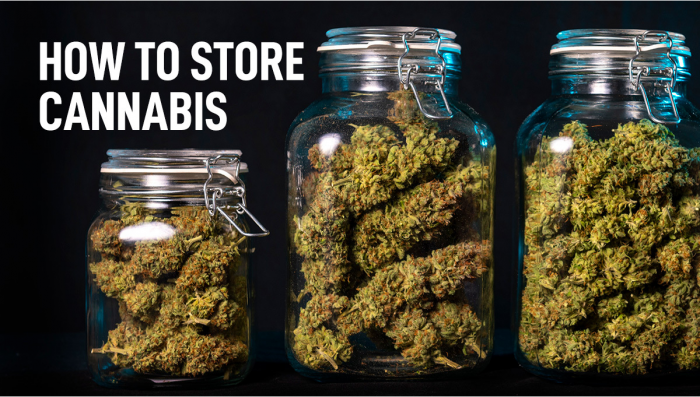











Comments